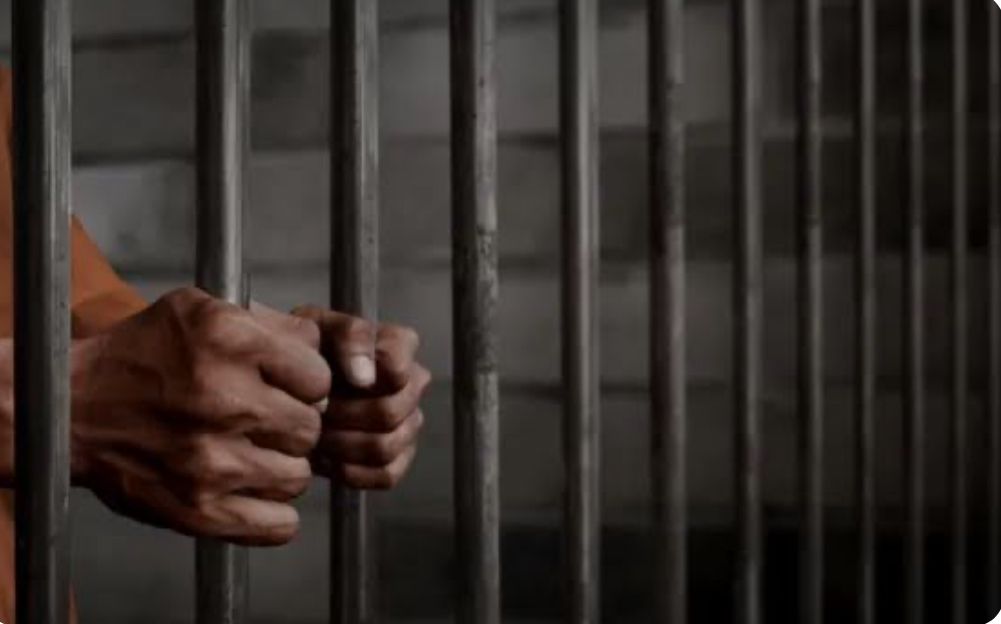
A criminal lawyer, also known as a defense attorney, specializes in the area of law that regulates crimes and penalties. Their work encompasses a variety of functions, both in defense and in prosecution, depending on their role in a criminal case. Some of their main activities include:
Client Representation
Defense: Represents people accused of committing crimes, ensuring they receive a fair trial and that their constitutional rights are respected.
Private Prosecution: Acts on behalf of crime victims, seeking justice and compensation for damages.
Legal Advice
Provides guidance on the client’s rights and obligations in a criminal proceeding.
Explains the possible legal consequences of an accusation or conviction.
Helps to avoid behaviors that could result in legal problems.
Litigation in Trial
Prepares and presents arguments in court, whether to defend an accused person or to support the victim.
Cross-examines witnesses, presents evidence, and refutes evidence presented by the other party.
Participates in oral trials and proceedings before judges and juries.
Alternative Dispute Resolution
Negotiates agreements, such as plea bargains or reparatory agreements, depending on the criminal system of the country.
Works to resolve conflicts before reaching trial, when possible.
Investigation and Strategy
Reviews case files, evidence, and witnesses to build a defense or prosecution strategy.
Hires experts, investigators, and other specialists when necessary.
Participation in Criminal Proceedings
Represents clients in preliminary hearings, charging hearings, precautionary measures, and oral trials.
Appeals sentences or adverse decisions, taking cases to higher courts if necessary.
Areas of Practice
Minor crimes: Minor injuries, theft, threats, among others.
Serious crimes: Homicide, kidnapping, rape, drug trafficking, corruption, money laundering, etc.
White-collar crimes: Fraud, tax evasion, financial crimes.
In summary, a criminal lawyer is dedicated to protecting the rights of people involved in a criminal process, whether as the accused or as a victim, and to ensuring that justice is properly served.